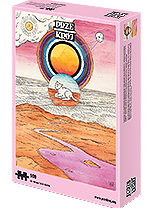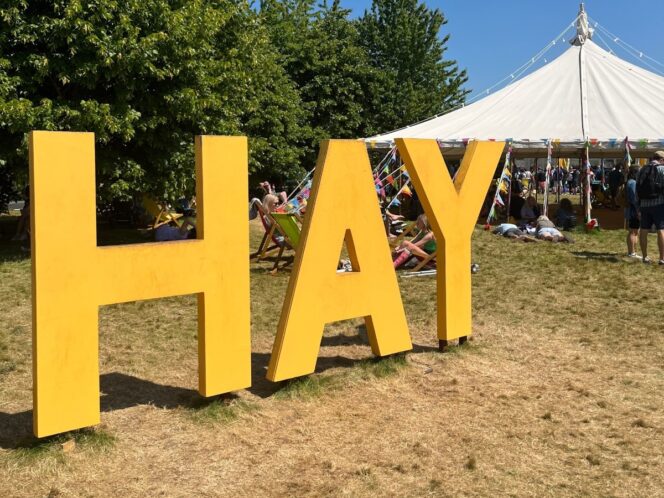
Margaret Atwood says to save stories like pieces of bent wire; popstar Dua Lipa recommends a shelf of novels. This is the Hay Festival, full of creativity and hope.
A cynical view of literature festivals would be that they are marketing vehicles that serve to provide promotional opportunities for authors and stimulate sales of their books. No value judgment here—it’s important to enable writers and thinkers to live off their craft and there is no better way to do that than financial support of their creative outputs. A more hopeful view of large literary gatherings would be that they offer space for writers and readers to ponder big ideas, exchange views about their favorite novels, discuss the nuts and bolts of writing, and brainstorm solutions to the contemporary global challenges we’re facing.
This year, the literary festival in the quaint Welsh








